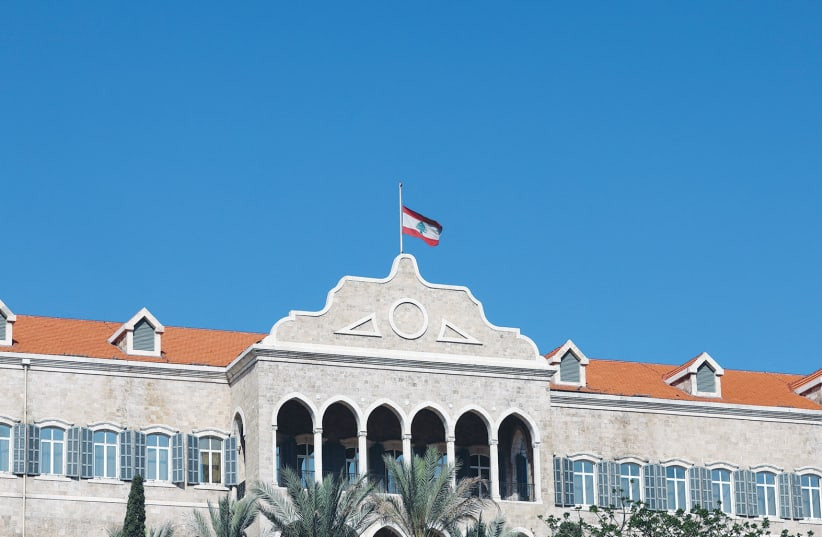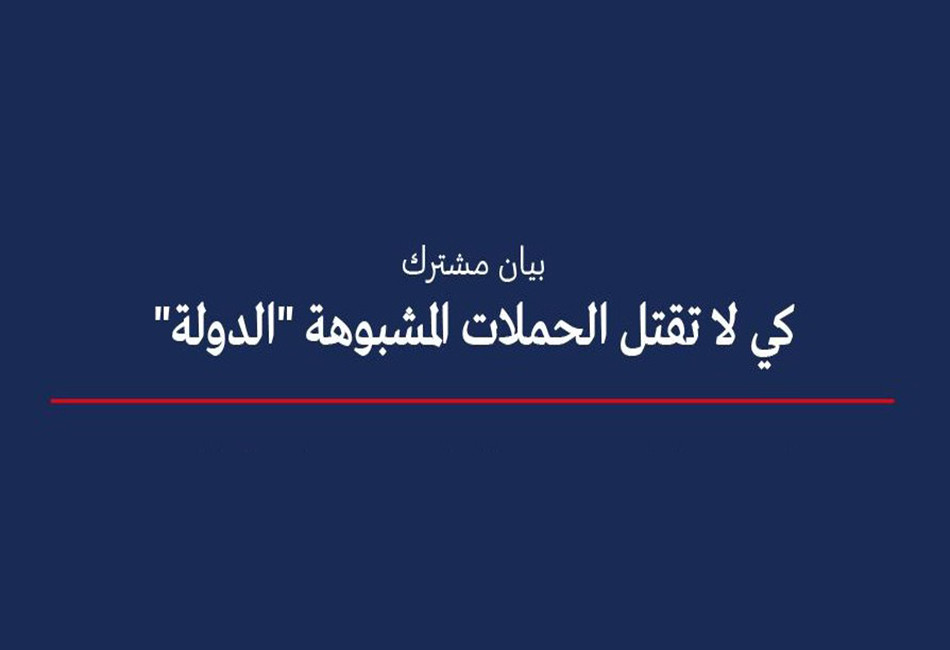A Fair and Efficient Capital Control Law is Needed
The Latest Draft Law in Circulation is Far from Being That
While the latest Expedited Project Law on the Temporary Controls on Services and Operations of Banks has been rejected by the relevant parliamentary committees beginning of this week, the establishment continues to push for a slightly amended version. Kulluna Irada reiterates its deep concerns about the draft law currently in circulation, while stressing the importance of issuing a fair and efficient capital control law at the earliest.
- This draft law is presented as a “Capital Control Law” whereas in reality it does not fulfill the main function of such a legislation in regulating the economy’s foreign exchange flows with the rest of the world. It instead serves three objectives, that would, if achieved, undermine any possibility for an equitable and purposeful restructuring of the financial sector.
- It provides yet another leeway for banks to delay a much-needed bank resolution framework by reinforcing de facto lirafication of FX deposits. We have repeatedly warned against a full-fledged lirafication policy as a tool to resolve the financial sector’s losses with the costs of debt reduction being pushed onto depositors while sparing banks’ equity. This policy has a uniquely regressive impact, while the burden of the financial adjustment is disproportionately weighing on Lebanon’s middle class and the poor through unlimited pressure on the FX rate as well as on inflation.
- It provides an amnesty of past abuses, absolving not only banks of their fiduciary obligations towards depositors, but also absolving those who used their insider status or influence to transfer their money abroad. Since October 2019, banks have defaulted on their FX obligations vis a vis depositors, while allowing some depositors to withdraw their money at its full value at the expense of other creditors. Such action is deemed illegal, especially if obtained through the influence of politically exposed persons. Article 8 of the draft law guarantees such impunity. This same article 8 also aims at protecting the banking sector’s assets while lawsuits abroad could give seniority to some depositors (those who have the resources to file lawsuits in Europe or the US) at the expense of others. These lawsuits are the result of the authorities' refusal to officially recognize that banks have defaulted on their obligations. Such a recognition would have had immediately led to a necessary legal standstill pending a bank resolution law implementing an equitable treatment of liabilities. However, and in contradiction to all international bankruptcy rules, this refusal allowed banks to dispose of assets on a discretionary basis. Today, it is more urgent than ever to legally protect bank assets in the interest of the smallest depositors, but also of the Lebanese people who would benefit the most from a fair financial sector restructuring. However, this protection has to be part and parcel of a banking sector restructuring framework.
- The law establishes for exceptional decision-making in the hands of those who have been responsible for the current crisis. Any capital control law imposing restrictions on capital transfers comes with exceptions. However, the framework of exceptions should be clearly stated in the law and their execution based on a clear strategic vision that aims to preserve the economy’s competitiveness and specific social targets. The draft law provides but an incomplete framework and establishes the BDL’s discretionary authority on exceptions with no guarantee whatsoever against influence meddling and corruption.
- A Capital Control Law should have been adopted as early as October 2019, if not prior to banks’ closure that indicated they had defaulted. Absent such a Capital Control Law, which is also a prerequisite for an IMF program, FX liquidity at the Central bank has declined by around USD10 billion since October 2019 while these reserves were of strategic importance to manage the unprecedented Lebanese crisis.
- The proposed draft law does not address the multiplicity of FX prices and increases the risk of capital flight, further exchange rate depreciation and soaring inflation. Absent a comprehensive macro-framework plan, it remains unclear how its provisions fit in an overall strategy to address financial and macroeconomic imbalances. On the contrary, we concur with the IMF’s position – that was not released by the government – in warning against the consequences of this Law on inflation and the exchange rate, as well as on macro-economic and financial stability.
We reiterate the urgent need for a Capital Control Law that has obtained prior official IMF technical clearance and the urgent need for a bank restructuring framework that will address the losses in the financial sector and revive a sound banking sector.




